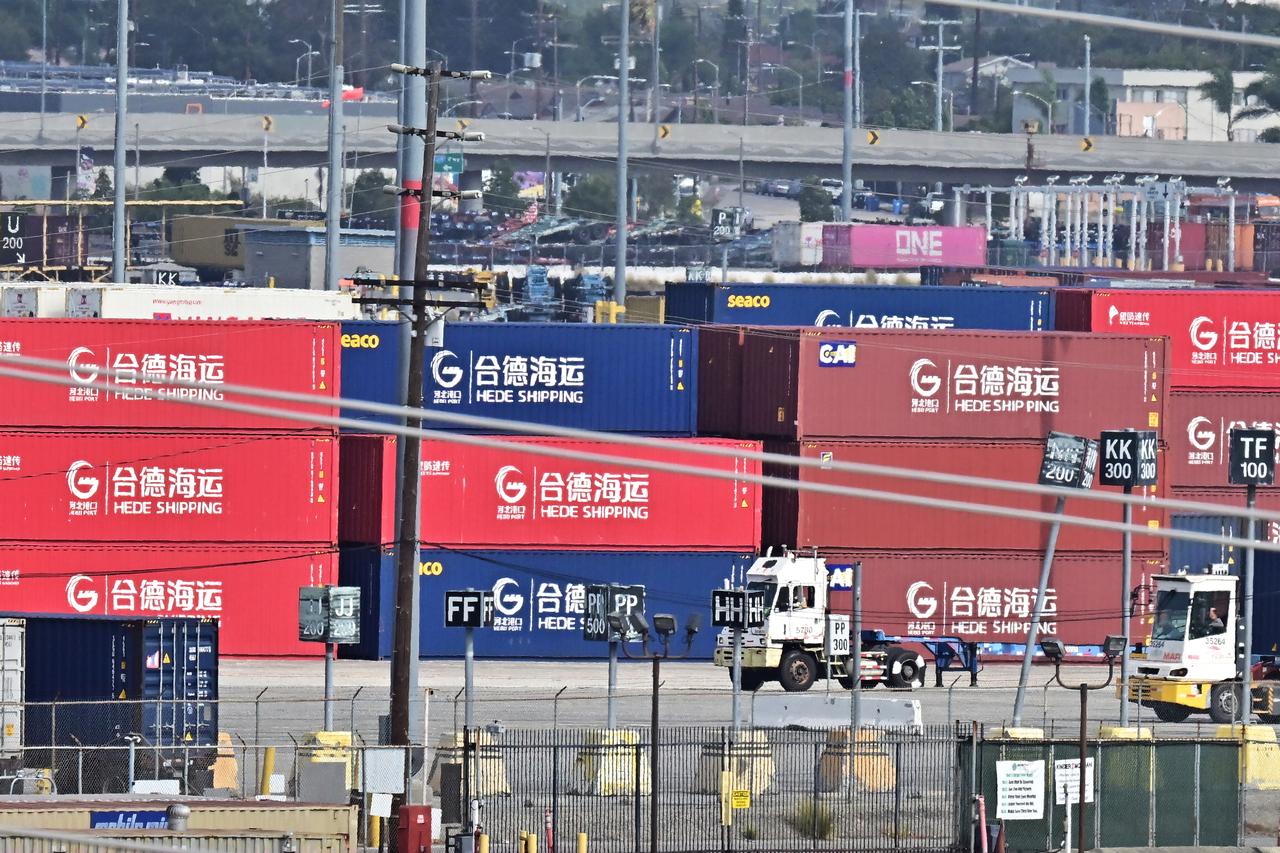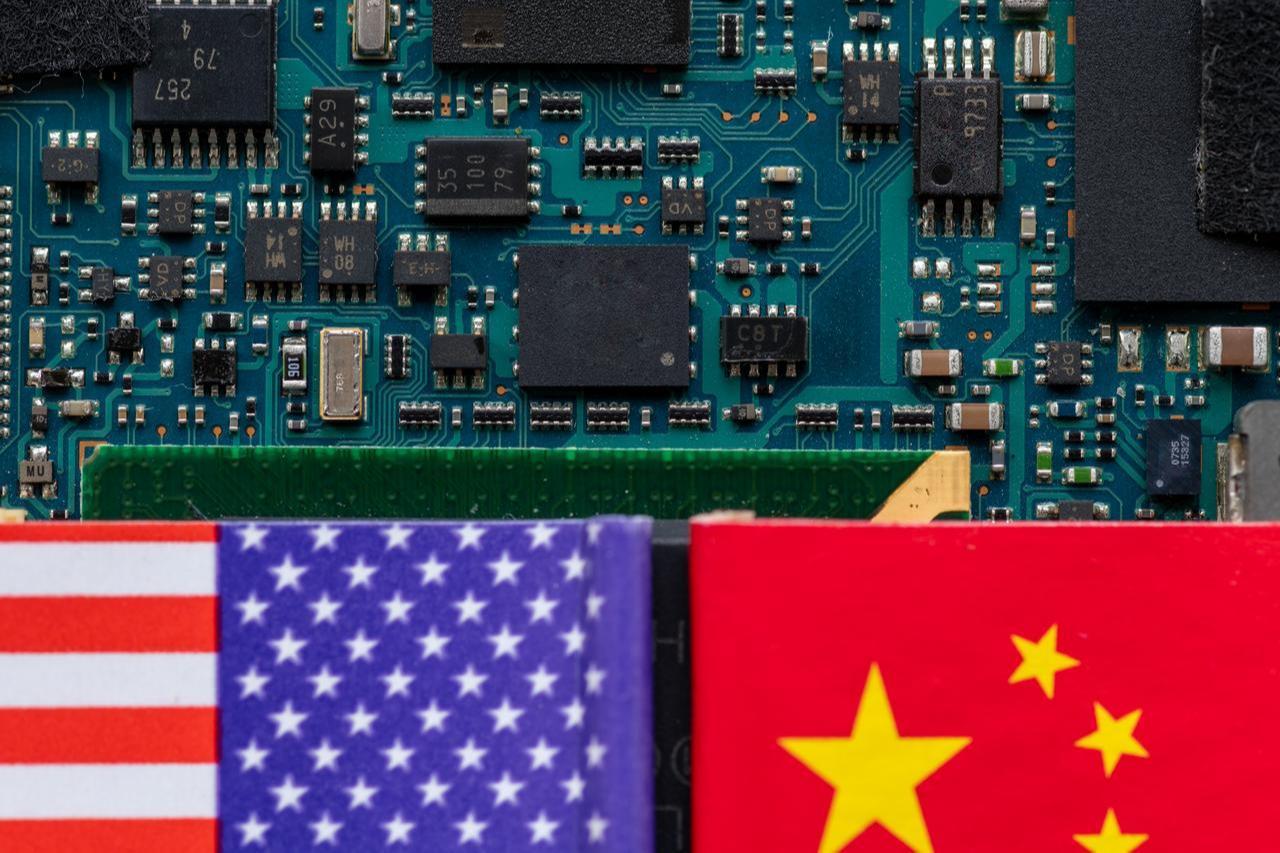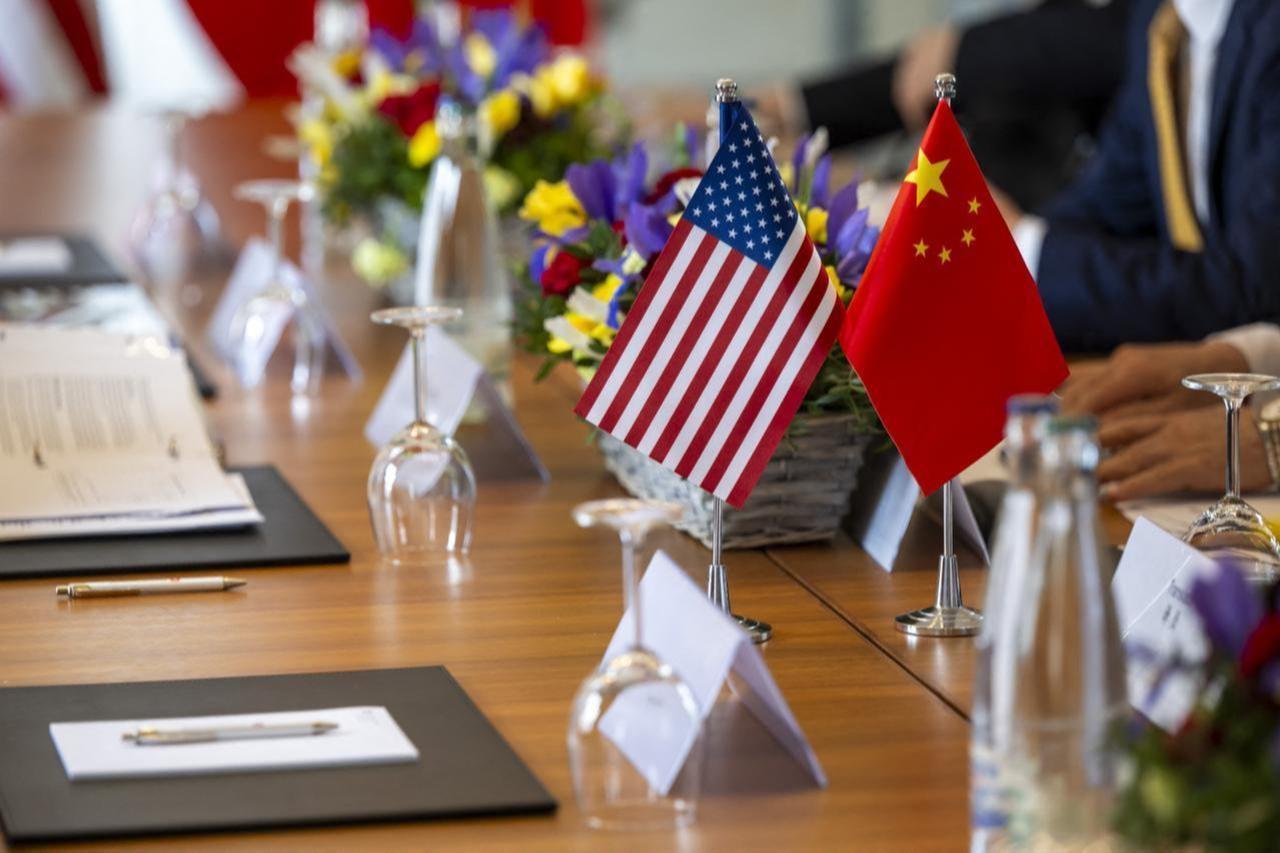
The United States and China will hold a fresh round of trade talks in Malaysia next week, Chinese state media reported, as trade disputes between the world’s two largest economies persist following an escalation over rare earth exports, which are critical to the technology industry.
According to China’s official Xinhua News Agency, Chinese Vice Premier He Lifeng held a video conference on Saturday with U.S. Treasury Secretary Scott Bessent and U.S. Trade Representative Jamieson Greer. The two sides agreed to resume economic and trade consultations "as soon as possible."
While Beijing did not disclose details about the timing or location of the talks, Bessent later confirmed that the upcoming round will take place in Malaysia next week.
U.S. President Donald Trump has threatened to impose tariffs of up to 100% on all Chinese imports by Nov. 1, following China’s decision to extend export restrictions on rare earth elements—materials crucial for the global technology and defense industries.
He had also warned that he might cancel his planned meeting with Chinese President Xi Jinping during the upcoming Asia-Pacific Economic Cooperation (APEC) summit in South Korea.
Hours before Saturday’s video conference between top Chinese and U.S. officials, Trump told Fox News he would proceed with his APEC meeting with Xi after all.
He admitted that the proposed 100% tariffs were "not sustainable" but claimed that Beijing’s actions had “forced” his administration to take such measures.
The renewed tariff threat underscores the fragility of the uneasy truce between Washington and Beijing, which have spent months attempting to resolve their trade differences through multiple negotiation rounds in Europe.
Observers say the talks are expected to focus on tariff adjustments, enforcement mechanisms, and industrial export policies—particularly concerning rare earths, of which China controls over 70% of the global supply.

The trade dispute between the United States and China reignited earlier this year after U.S. President Donald Trump, upon returning to office, sought to reshape global trade in Washington’s favor by sharply raising import duties on major partners, including Beijing.
In April, Trump announced additional customs duties on a wide range of Chinese goods, prompting Beijing to respond in kind. At the height of the confrontation, the United States raised its tariffs on Chinese imports to 145%, while China increased its duties on U.S. products to 125%. The escalation threatened to derail trade flows between the two economies, leading to several rounds of emergency negotiations across Europe in the following months.
The first round of renewed talks took place in Geneva, Switzerland, on May 10–11, where both sides agreed to a temporary 90-day reduction in tariffs to ease tensions and create room for further dialogue.
Beginning May 14, the United States lowered its tariffs on Chinese goods from 145% to 30%, while China reduced its duties on U.S. products from 125% to 10% for the same period.
Subsequent negotiations followed in London on June 9–10, where delegates reached a consensus on measures to implement the Geneva commitments. The third round, held on July 28–29 in Stockholm, extended the tariff truce for another 90 days starting Aug. 12.
The most recent discussions took place in Madrid on September 14–15, with both sides agreeing to meet again before November 10—when the extended truce is due to expire—to prevent a renewed escalation.

The high-level engagement came as Washington sought to rally Group of Seven (G7) finance ministers to form a unified response to China’s export curbs.
EU Economy Commissioner Valdis Dombrovskis said in Washington that the G7 had agreed to coordinate short-term measures and diversify rare-earth supplies, though he cautioned that reducing reliance on Chinese sources could take years.
"We agreed, both bilaterally with the U.S. and at the G7 level, to coordinate our approach,” Dombrovskis said on the sidelines of the International Monetary Fund and World Bank’s annual meetings.
German Finance Minister Lars Klingbeil added that G7 members had made clear their opposition to Beijing’s latest restrictions and expressed hope that a Trump-Xi meeting could help ease broader trade frictions.
International Monetary Fund Managing Director Kristalina Georgieva voiced optimism that the two nations could reach an understanding to cool tensions.
Global markets, however, have already shown signs of strain: fears of a renewed trade war triggered a flight to safe-haven assets and a sell-off in equities earlier this month, echoing the market turbulence that followed the first wave of tariffs announced in April.
The U.S.-China trade conflict has repeatedly disrupted global supply chains since its resurgence earlier this year, when Trump reintroduced broad tariffs shortly after returning to office.
Although both governments have since reduced some levies, their fragile truce continues to face pressure as geopolitical and economic rivalries intensify.